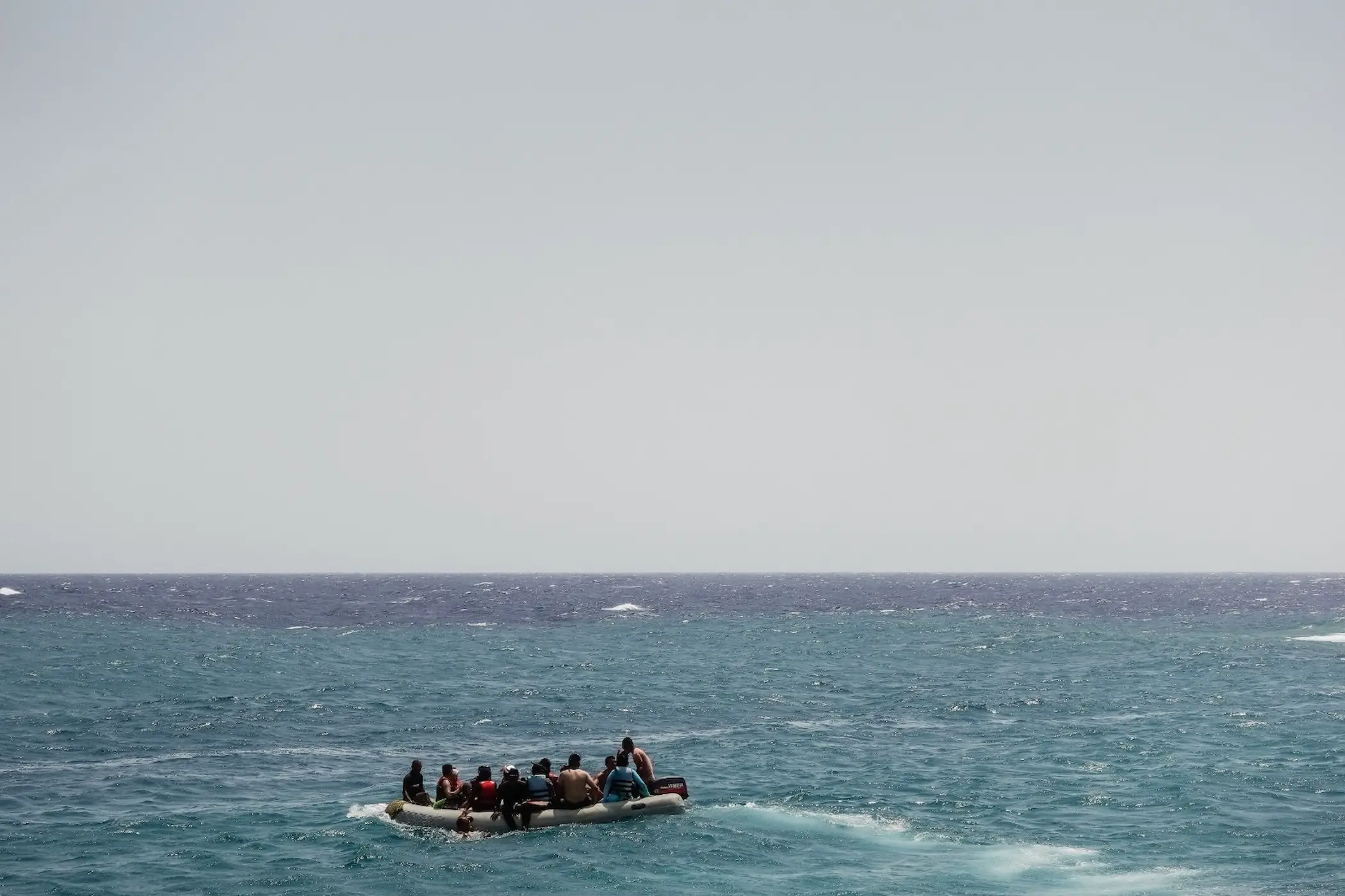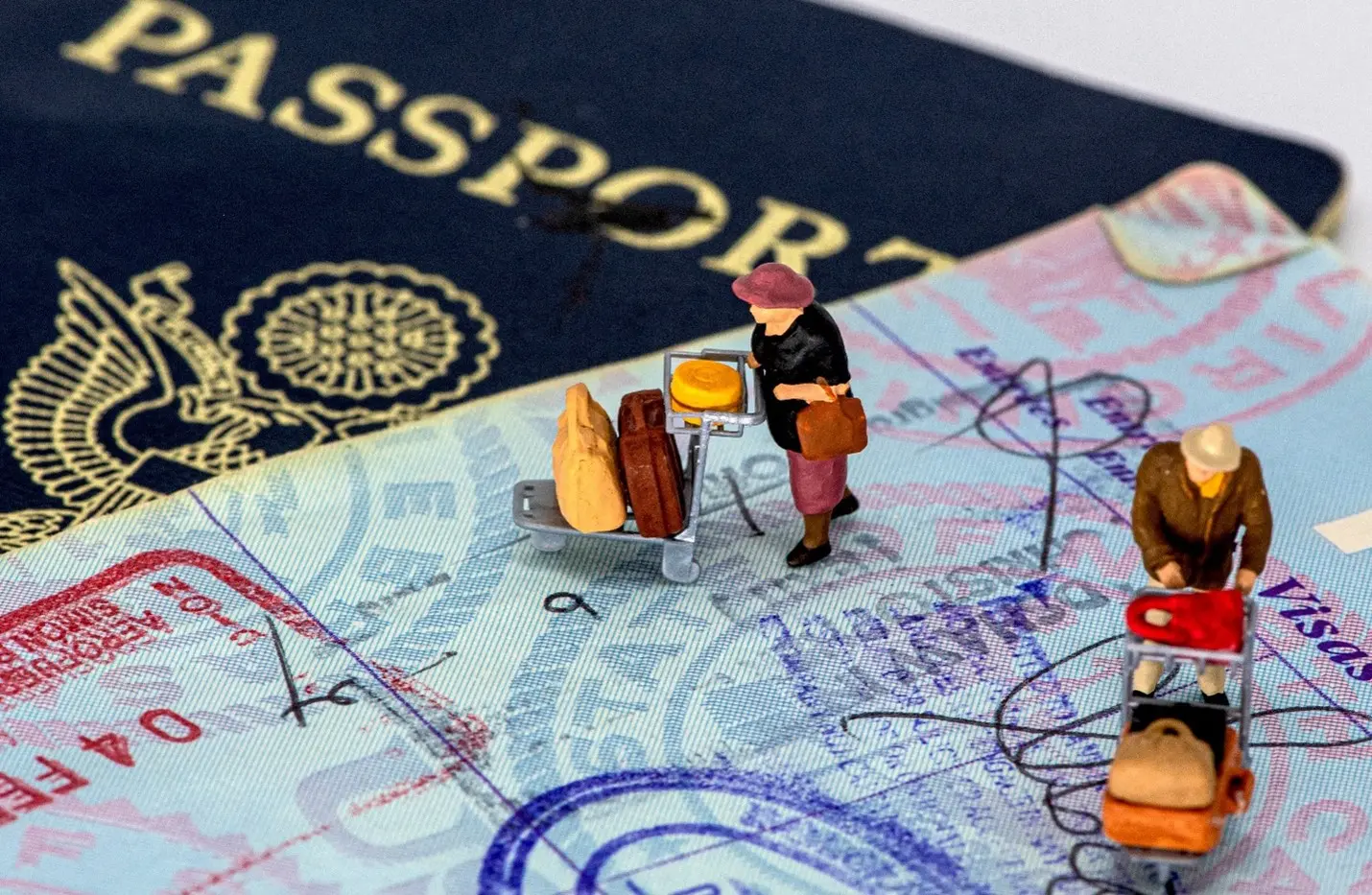9 Nov 2025
What If: Climate Migration Destabilises North Africa and Southern Europe?
Climate migration is becoming an increasingly pressing issue, imposing geopolitical and humanitarian challenges on countries that receive migrants at all stages. According to a report by the World Bank, climate migration is expected to force approximately 143 million people in the Global South to migrate by 2050. Natural disasters, including extreme heatwaves, droughts, insufficient crops, and flooding, have been imposing severe risks for many countries, particularly third-world countries. These countries are vulnerable to these risks due to their lack of services and financial distress, leaving most of the population living below the poverty line. Under these hardships, climate migration is spiking to northern countries where people seek better living conditions.
North Africa, geographically connecting the Global South to Europe, is a strategic transit location for migrants. While Southern Europe, linking migrants to the Global North, is an important entry point for those seeking better opportunity. Hence, the climate migration pressure on these regions creates conditions for destabilisation across both sides of the Mediterranean.
With the high wave of irregular migration, ‘Destination’ states, where migrants seek to settle in, often engage with the ‘Transit’ states, which are “any country through which a migrant passes after fleeing their country of origin, irrespective of their initial plans or actual actions within that country”, in what is called ‘migration diplomacy’. This strategy involves destination states offering visa incentives and investment opportunities in exchange for the transit state adopting containment measures for irregular migrants coming from their countries and strengthening control over the border. Likewise, destination countries foster economic and investment aid to ‘origin’ countries to tackle the root causes of the migration problem.
Although such diplomatic techniques could be successful sometimes, in many cases, they have been proven to be inadequate in many situations. As climate irregularities increase, climate-induced migration is expected to rise, and such methods have a high probability of their effectiveness diminishing completely, impelling destination countries to come up with other competent measures.
The evidence shows a high probability of devastating effects in both transit and entry states. For transit states, they might face more strain on their financial resources than what they currently incorporate, and at the same time, security threats could escalate. Regarding entry states, economic pressure, political tension, and intensified cultural polarisation might empower far-right parties, changing the structure of the European Union. So, climate migration could become a huge threat to the regional stability in both transit and entry states without effective and coordinated measures.
This paper explores the destabilising potential of climate-induced migration on transit North African states and Southern European entry states. It is divided into four sections: climate regression, effects on transit states, effects on entry states, and proposed solutions. The paper addresses the economic, political, and security implications, and suggest the necessity for tailored measures suitable for affected countries. The paper concludes that the continuous pace of climate migration will have destabilizing consequences on both transit and entry hubs. Besides resilience and early warning solutions, the EU has to provide attractive incentives for North Africa in order to limit the spill-overs on its borders. Such proposals shouldn’t be detached from the realities of African states and better align with the economic and security needs of these countries.
12 Apr 2023
Migration Diplomacy in Transit Countries: How can Tunisia Leverage its Geopolitical Position?
Migration is becoming an important area of bilateral and multilateral diplomatic relations. Examples include intergovernmental agreements to limit, or encourage migratory flow, the preferential treatment to certain foreign nationals, the creation of temporary labor migration laws, and so on. However, the term migration diplomacy can go beyond agreements between states to include diplomatic tools states use in order to extract benefits from other states. It is linked to how cross-border populations’ flow is linked to states’ diplomatic goals. Accordingly, states can leverage their position in the migratory process. In this regard, states can either be considered a Sending state, a Receiving state “also known as destination countries” or a Transit state. Sending countries are usually under-developed ones from which people tend to migrate from due to a myriad of “push factors” such as social, cultural, economic and even climate change reasons; diplomacy in this case is to be called Emigration diplomacy. Receiving countries are the more developed ones to be targeted as destination for immigrants wishing to find better living condition; hence, Immigration diplomacy. Finally, Transit countries are considered an intermediary solution to those who flee their countries of origin aiming to reach another country. However, for some reasons, mainly geographical ones, they tend to settle in a ‘third state’ for temporarily as a transit for their final destination.
In this analysis, it will be discussed how migration diplomacy can be useful especially for transit states who can always leverage on their geographical positions by obtaining concessions from receiving states who which to stop migratory flows from reaching either their shores or their borders. At the first part, it will be demonstrated how have some transit states benefitted from their position. At the second part, the Tunisian case will be discussed. Tunisia, as a vital corridor for Sub-Saharan emigrants aiming for reaching European borders through the Italian shores, falls under the umbrella of a transit state. Given its current severe economic situation, Tunisia can grab the opportunity and use migration flows as a source of income rather than scapegoating them for the country’s problems.

